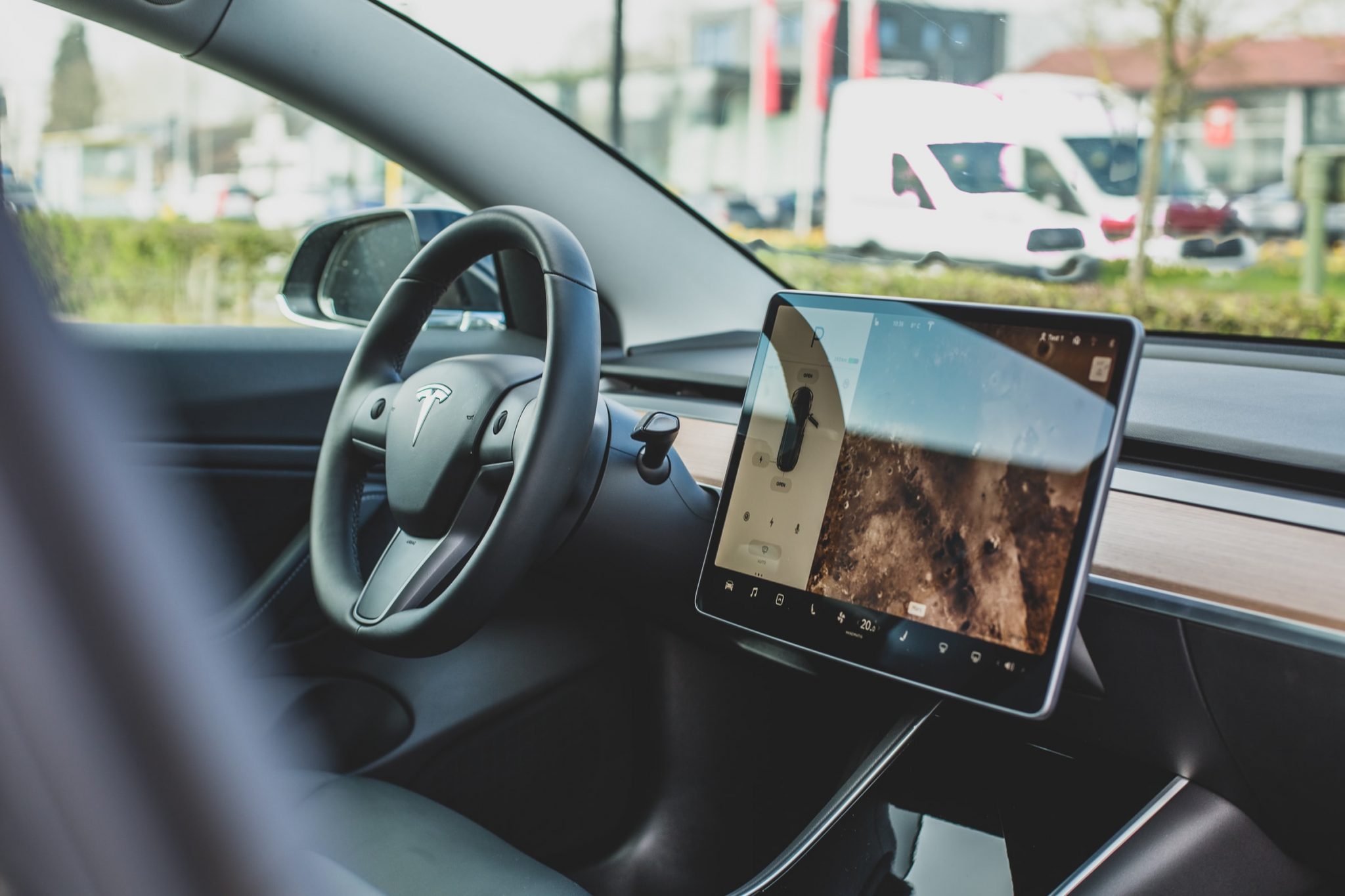Electric Car Rentals and Shares Gain Momentum With Business Travelers

Skift Take
Whether hiring or hailing, electric vehicles are growing in popularity with travelers as business trips pick back up.
There’s mounting pressure on company travel managers to hit carbon cutting targets, and these vehicles are set to play a key role. Agencies and travel technology platforms are responding too, with new partnerships and integrations, but a limited supply of the vehicles could stall their electric dreams.
Hertz’s decision to buy 100,000 Teslas at the end of October last year is the biggest signpost that electric cars are going mainstream. That order means it will offer the largest electric vehicle rental fleet in North America, and one of the largest in the world, it claimed, if the cars are delivered by the end of 2022. Some 20 percent of Hertz’s global fleet would also comprise electric cars.
More importantly, half of those cars will be offered to Uber — and potentially triple that over the next three years if the partnership is a success.
Sixt also now allows travelers to choose hybrid or fully electric vehicles across several European cities when booking transfer or limousine services. It is aiming for a 12 to 18 percent share of electric and hybrid vehicles in its global fleet by 2022.
Spanish corporate travel agency TravelPerk has seen a 227 percent jump in electric vehicle takeup across its bookings during 2021. Since 2020, it’s seen a 505 percent increase in electric car usage by customers.
“Carbon reduction is certainly the driving force for the increase in electric car use, particularly when you think about electric vehicles having a higher average cost per day than non-electric vehicles, so clearly the choice is intentional and reflects increased awareness of sustainability,” said a spokesperson.
It’s difficult to compare the running costs between internal combustion engine cars and their electric counterparts, owing to the model of car, driving distance, local gasoline costs, charging points, fuel economy and so on, but overall electric vehicles are deemed more affordable to drive, which could be accentuated as gas prices rise and the war in Ukraine further pushes prices up.
Hertz told Skift it was unable to share specific delivery numbers for Teslas, a policy it has with all its car manufacturer partners, but former interim Hertz CEO and current board member Mark Fields has noted a rise in corporate demand.
“Encouragingly, in the early stages of the recovery of business travel, we’re seeing (corporates) actually take a lot of interest in having their business travelers rent an electric vehicles from us,” he said during an earnings call last month. “By making electric vehicles more accessible in our rental fleet we can help our corporate customers and partners achieve savings and environmental, social and corporate governance goals with cost-efficient and sustainable mobility options.”
Hertz’s website and app also have an “expedited electric vehicle rental booking process” and include digitized guidance to educate customers about the car. It’s also adding charging stations across more airports, suburban locations and shared mobility rental locations.
Meeting Half Way
On the booking side of the equation, more agencies and travel technology companies are contributing to the electro-mobility push. From summer, Deem said it will work with Uber for Business, Uber’s enterprise arm. Business travelers will be able to request on-demand and scheduled rides with Uber for Business directly within its Etta platform — which plugs into about 150 corporate travel agencies.
American Express Global Business Travel also said it was working with clients to make their travel and meetings programs more sustainable.
“The increasing availability of electric vehicles provides an opportunity to reduce a company’s carbon footprint. Demand for electric vehicles is therefore growing,” said Nora Lovell-Marchant, vice president, sustainability. “Hertz’s recent order of 100,000 Teslas underscores the corporate demand for electric vehicles.”
The agency is able to nudge bookers down the electric path, and influence booking choices with platforms that shift demand towards electric vehicles at the point of sale, with electric car highlights and preferencing. Travel managers can also track and report emissions from car travel, and can procure the most sustainable travel suppliers, including Hertz, she added.
Hertz and one of its major owners, Certares, which also part-owns Amex GBT via a fund collective, also recently co-led a $19 million financing round in UFODrive — a rental service for electric vehicles.
“The Hertz-Tesla deal is interesting, as Hertz has emerged from Chapter 11 it gives them an opportunity to differentiate from competition who have yet to make such large-scale electric vehicle investments,” said Daniel Price, CEO of booking platform Jyrney. “Over the next few years I expect we will see more business customers willing to pay higher prices for greener travel options.”
However, supply in the car rental market remains constrained, and car rental companies are having to work hard to satisfy demand. Tesla does not offer discounts for large orders, according to reports, while a global chip shortage may place more pressure on rental fleet availability and push prices higher.
But mobility overall is now undergoing a “once-in-a-generation shift” according to Uber for Business’s global chief.
“We’re seeing a resurgence in modes of travel that are considered more sustainable amid rising consciousness around climate change,” said Susan Anderson. “Organizations, employees and customers are actively looking for new and creative modes of travel that are environmentally friendly and help address growing calls for zero emissions. Increasingly, companies are considering sustainability when they think about their teams’ travel, particularly as corporate emissions targets or sustainability goals are more and more common.”
The ride hail giant said more organizations were signing up to its low emissions program Uber Green, which covers 1,500 cities around the world, including 100 major metropolitan areas. Anderson added that the 50,000 Teslas being made available to Uber drivers to rent by 2023 would be the largest expansion of electric vehicles on a mobility platform in North America.
“While electric vehicles are a small percentage of the fleet size today, they will not be tomorrow,” said Amex GBT’s Lovell-Marchant. “Their importance as part of a customer’s ground transportation strategy will continue to grow.”
Skift’s in-depth reporting on climate issues is made possible through the financial support of Intrepid Travel. This backing allows Skift to bring you high-quality journalism on one of the most important topics facing our planet today. Intrepid is not involved in any decisions made by Skift’s editorial team.




